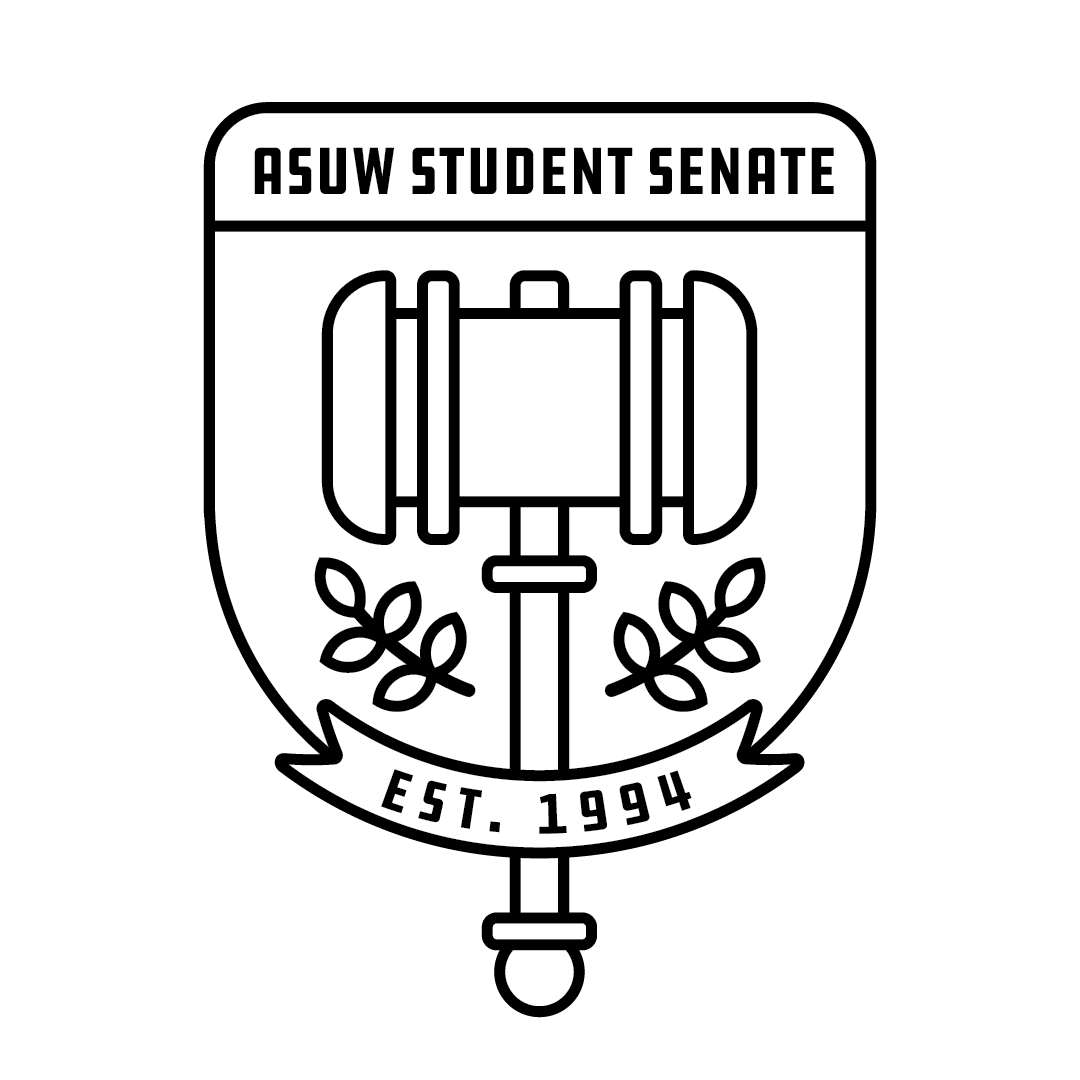Resources
If you have any suggestions for legislation writing resources you would find helpful, please contact the Senate Vice-Speaker at asuwssvc@uw.edu!
Research
As you begin drafting legislation, the research process you conduct should be thorough and evidence-based! Consider the entities and communities your legislation will affect to better target any surveys or outreach you may conduct:
- UW Administrators (President, Provost, College/School Deans, Faculty Councils)
- Academic Staff (Professors, Assistant Professors, TAs, Research Staff)
- Students (Undergraduates, Graduate/Professional Students, International Students, Study Abroad, Greek Life, HFS Living Communities)
- Support Staff (Janitorial, Groundskeepers, Housing & Foods Services)
You should plan to make any data you collect accessible; therefore, it should be clean and representative of the groups/interests you research.
If you are working on an amendment to the Standing Rules or Bylaws of the Senate, consult those governing documents to ensure your legislation is not duplicative.
Writing Legislation
Legislation Structure
After you have determined the appropriate way to address a community need, utilize the template below to compose a Resolution, Bill, Senate Order, or Organic Act.
All types follow the same outline (WHEREAS, THEREFORE, THAT); however, the content of each section will be different based on the legislation you are writing.
- WHEREAS clauses: demonstrate the context of the legislation and depict a community need
- THEREFORE clause: serve to separate the following items which must be enacted by ASUW or the ASUW Student Senate
- THAT clauses: list steps that must be taken by ASUW or actions that are recommended to the University
Steps to Success
Consider each of the following prior to submitting a new piece of legislation to get it on the floor faster and produce better results:
- Have you met with the Senate Speaker? The Speaker is a great resource when brainstorming policy ideas, drafting a bill, or conducting research. Check the ASUW website for the Speaker’s office hours or contact them by email with any questions!
- Have you contacted the individuals or organizations that would be affected? In the past, successful legislation has been thoroughly researched and involves active communication with all community stakeholders. Part of this occurs on the floor, but it helps to get a head start!
- Does your goal require a bill? Senate resolutions, bills, legislative directives, and orders aim to encourage action by UW administrators or to set policies within the Association. Consider whether a member of the Board could address your issue informally with admin before escalating to a bill.
Additional Resources
- HFS Administration Contacts
- UW Administrator Contacts (Coming Soon)
Parliamentary Procedure
Committee on Senate Steering
Introduction of a piece of legislation to the administrative body of the Student Senate. Standing committee chairs review proposals before being placed on the floor agenda, assessing completeness, rational flow of arguments, and depth of source material.
First Reading
A time for questions and clarification of the intent/function of the legislation. Statements for or against the piece are not in order and will not be allowed by the Speaker. A sponsor or co-sponsors will be given up to 10 minutes to present any other relevant information after the legislation is read. Note: the sponsor should plan to attend the meeting at which their legislation will be introduced!
Example questions to ask the Sponsor:
- Did you reach out to [person/organization] when researching this topic?
- Have you explored any other solutions to this issue?
- What was the intended purpose of [clause or phrase]?
Committee Hearing
Sponsors should plan to attend whichever committee their legislation is directed to by the Senate at the end of First Reading. If they are a member of this committee, the sponsor should recuse themself from any vote that may determine the fate of the legislation. After answering any remaining questions, committee members may move to amend the document as needed. Finally, the standing committee with jurisdiction over a piece of legislation must discharge it with a favorable, unfavorable, or neutral recommendation.
Second Reading
A time for any last questions as well as statements for or against the legislation. Comments should be directed to the Speaker rather than to the sponsor of the legislation to diffuse any tension that arises.
The Chair shall alternate between speakers for and against the legislation in compliance with the Senate Bylaws. Amendments can also be made at this time to alter the piece. All Organic Acts advance directly to Second Reading after approval by the Committee on Senate Steering. At the conclusion of debate, a motion to previous question must be called to advance the legislation to a final vote.
Passage
Following successful passage of the legislation on the Senate floor, a sponsor may need to take further action. Resolutions, Joint Resolutions, Senate Bills, and Legislative Directives are transmitted to the Board of Directors which holds its meetings on Thursdays at 5:30 PM in HUB 303. Sponsors can opt to attend in person online or via Zoom. If they cannot attend, the Senate Vice-Speaker will present the legislation in their place.
If the Board recommits the legislations to the Senate, another vote will be held and requires 3/4ths of senators present to override the veto.
You can also track the progress of legislation by reviewing the minutes of the Senate floor, Committee on Senate Steering, and the ASUW Board of Directors.
